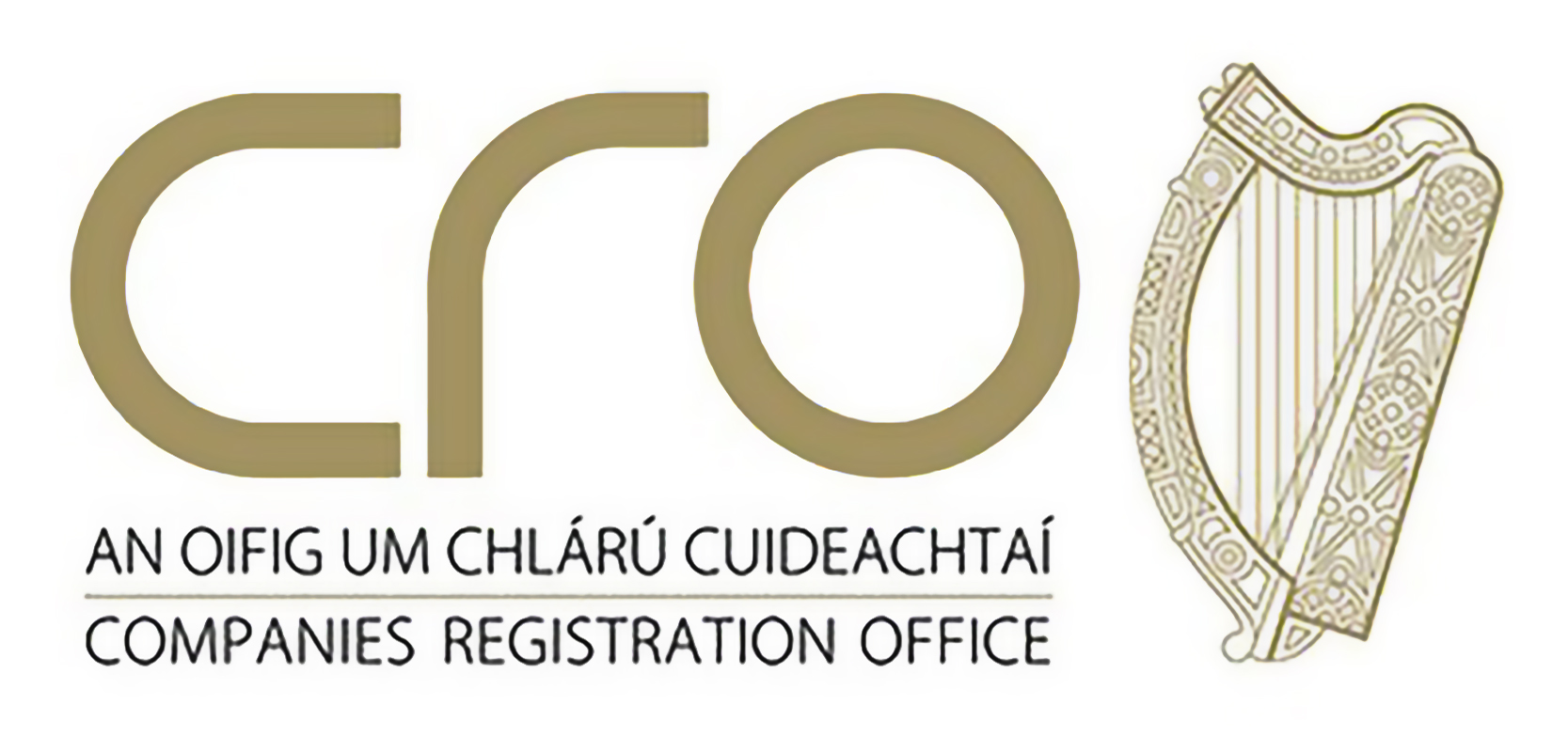Testimonials
‘You [Ellis & Ellis] have been very good to us since we opened 5 years ago, the Ellis team are a pleasure to deal with and we value your service and advice’.
Kevin Morgan
(Partner) Coonan Morgan,
Celbridge, Co. Kildare
Celbridge, Co. Kildare
‘Ellis & Ellis are prompt, dependable, and very good at working to deadlines, with an emphasis on strong communications’
Jonathan Lynam
Murphy Lynam Solicitors,
Cork
Cork
‘Ellis & Ellis’s on-line ordering service is easy to use and so convenient for a busy office like mine. They [Ellis & Ellis] have always given me a quality, and consistently accurate service at highly competitive rates.
Anne-Marie Dermody
Solicitor, Rathfarnham,
Dublin
Dublin
Have you browsed our industry resources?
contact info
- Open 24 Hours via our Instant Results Service.
-
Office Attendance Hours:
Monday – Friday, from 9.00 A.M. to 5.30 P.M.
- Tel: + 353 1 8723460
- Fax: + 353 1 8734129
- info@ellis.ie
- The Ormond Building, 31-36 Ormond Quay Upper, Dublin 7, D07 WP21. DX 261003 Ormond Building
Menu



